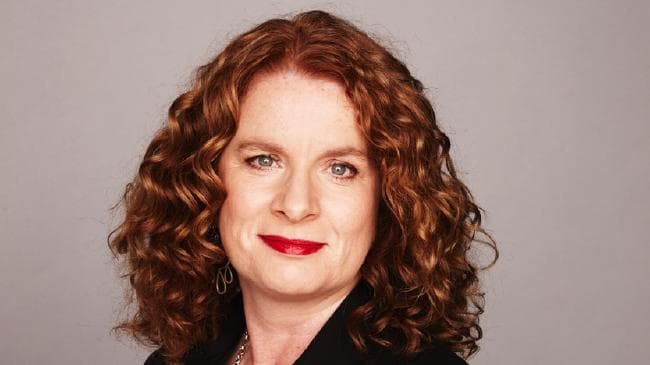The cover of Juliet Rieden’s new book, The Writing on the Wall, is so lovely: a small boy, standing in the shadow of a tragedy. His life has been spared, although not of sorrow.
But let’s not judge the book by the cover. Rieden dedicates her book to her father’s aunts and uncles and to their children, “the family I never knew I had, but longed to embrace”. It’s also for her grandparents, Rudolf and Helena, whose sacrifice is the reason she is here to write their story; and it is for her father, Hanus — later, John — “whose quiet dignity in the face of deep trauma, whose unconditional love for us, his family, still takes my breath away”.
Mine, too.
The Writing on the Wall is the story of how one child survived the Holocaust; of how his parents gave him up so that he might live; and of how he kept the full horror from his own family, which in time would make them wonder.
The author, Rieden — for the record, she’s all titian hair and British vowels — was born in one of England’s “green and pleasant home counties”, Surrey, in 1963. She knew her father, John Rieden, was Czech, of course, but he identified not as Jewish, nor as European, but as an Englishman. Her mother wasn’t Jewish and she therefore isn’t either. (The religion runs along a matriarchal line.) The Holocaust was not her story.
Oh yes, her mother did once tell her that some members of her father’s extended family had been killed in the gas chambers, “but no names were mentioned. No one was identified, no numbers given, no stories told. My sense was that these were people Dad didn’t know, a few random cousins.”
Read the article by Caroline Overington in The Australian.

